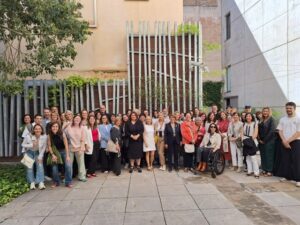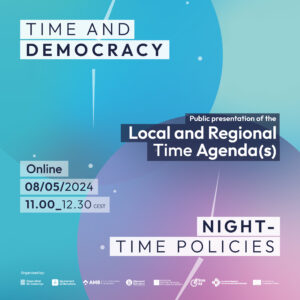Sleep Deprivation
Wrongly set clocks continually force the population to wake before sunrise, leading to structural sleep deprivation and disruption to biological clocks. The circadian system directs all bodily processes, and it takes cue from local sunlight—not by clocks on phones. To ignore this reality affects quality of sleep, mental and physical health, performance at work, school, and on the road, and economy at large.
Sleep deprivation has been calculated to cost at least 1% of annual gross domestic product (more than $200 billion in the US, and over €165 billion in the Eurozone. Furthermore, artificially advanced clocks increase demand both for morning heat and evening air conditioning, which increases energy costs, waste, and pollution.
Social Clocks vs Natural Time
In too many nations, people suffer misalignment between social clock and natural time. Most of Europe and North America set clocks an hour ahead of their naturally appropriate time zone each spring for daylight saving time (DST). Also, most of Western Europe (Benelux, France, and Spain) have observed Central European time since World War II, adding another hour of misalignment.
From every relevant field, expert consensus is clear: clocks should permanently reflect the most geographically appropriate, sun-based time zone. For Germany it is Central European Time (UTC+1); for Benelux, France, Spain, and the United Kingdom it is Western European Time (UTC); for Portugal, Ireland, and Iceland it is Azores Time (UTC-1). In North America, each state and province should restore its permanent standard time (the only path permitted by the 1966 Uniform Time Act).
For Health and Economy
The Alliance is providing citizens and politicians with reliable information about the importance—especially amid COVID—of returning permanently to solar-based time zones. They ask European national authorities and state/provincial and federal governments of North America to acknowledge the evidence and restore natural time zones, before the next scheduled clock change in March of 2021.
Expert References
Experts have repeatedly spoken against Daylight Saving Time (DST) and seasonal clock shifts.
In 2019, the European Sleep Research Society (ESRS), the European Biological Rhythms Society (EBRS), and the Society for Research on Biological Rhythms (SRBR) wrote a joint statement to the European Commission advocating for permanent establishment of a more natural time.
This was followed by a comprehensive position statement written by the SRBR that recommends a return of clocks to a more natural time “when the sun clock time most closely matches the social clock time”.
Later in 2019, the Canadian Society for Chronobiology published its position statement, writing: “We support the switch to a permanent time. However, in doing so, we must adopt standard time, not daylight savings time (‘summer time’).
In 2020, the American Academy of Sleep Medicine (AASM) issued a position statement and press release, writing: “Permanent, year-round standard time is the best choice to most closely match our circadian sleep–wake cycle”. Their statement is endorsed by 21 other organizations for health, safety, and education.
Note for the editors / not for publication:
For more information on the content of this press release you can contact: info@timeuse.barcelona
For more information on the participating organisations please visit our website: http://naturaltimealliance.org
For more detailed information and resources, read our compilation on key articles on seasonal clock change








